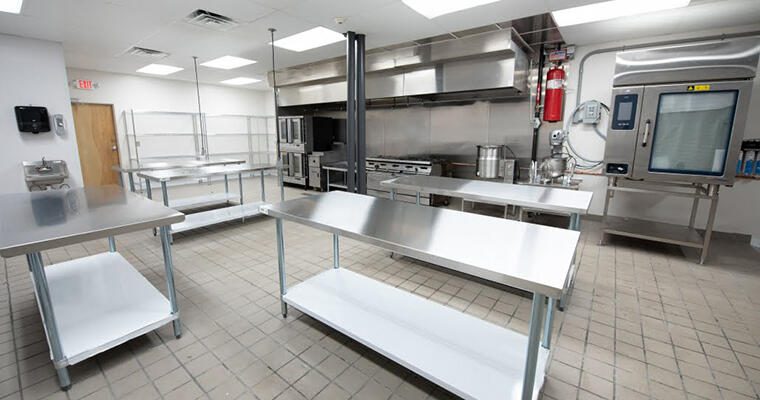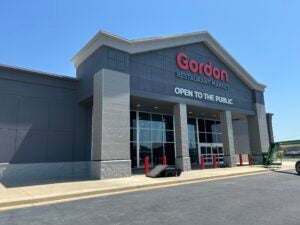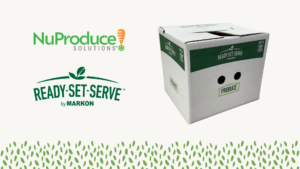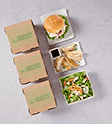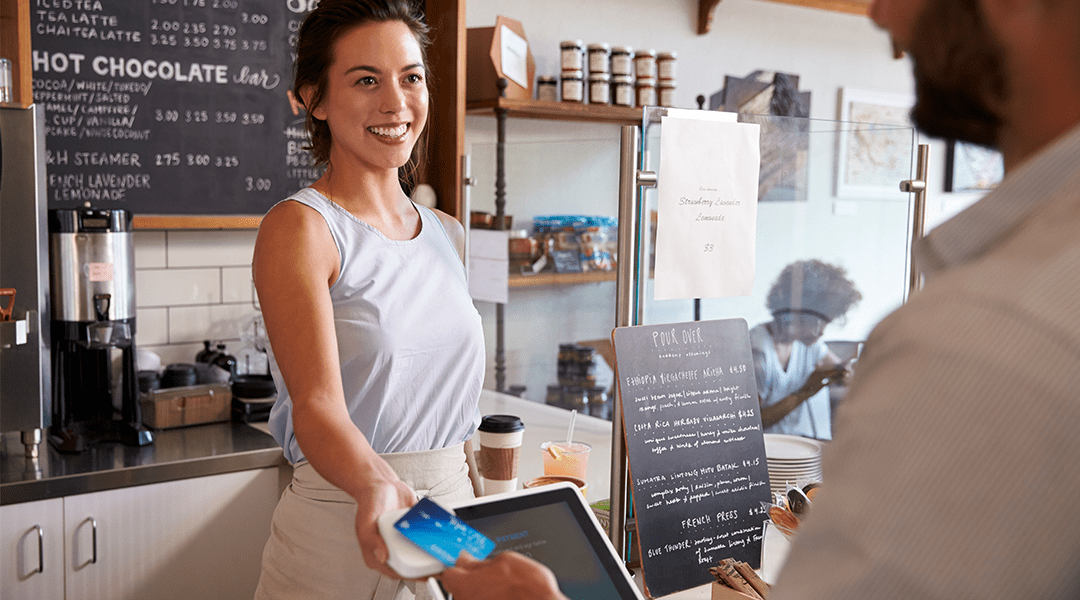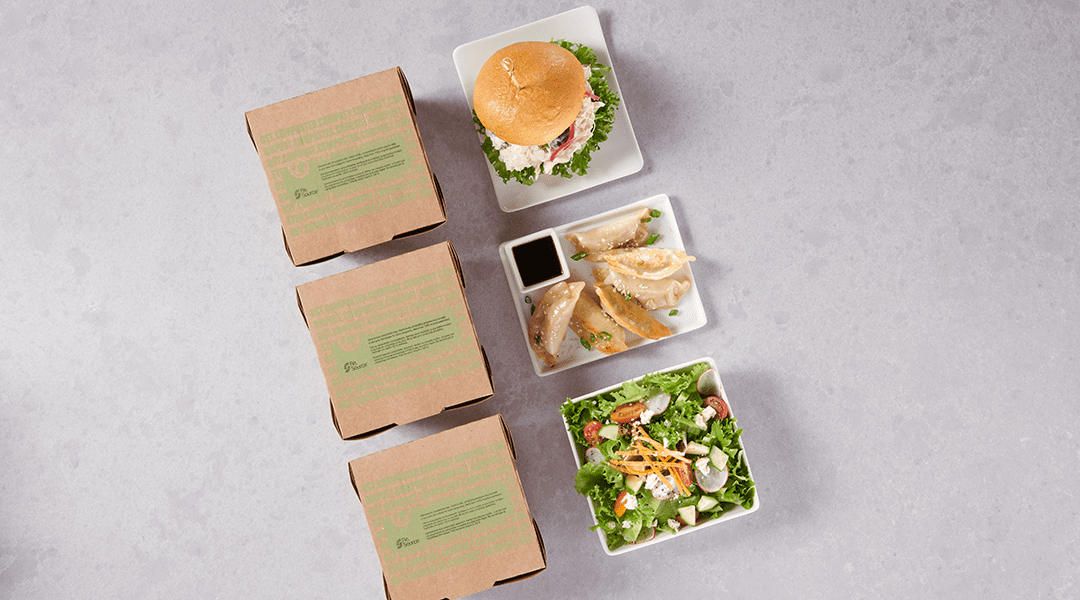Ghost kitchens have been a solution for operators struggling to increase profit margins. But not all remote kitchens are alike. PREP, an Atlanta-based culinary campus, provides space for all kinds of meal preparation and food development.
The company’s focus is as a business accelerator, with shared and private kitchens as well as prep space for more than 50 food trucks. Additionally, PREP is starting to see a migration of operators looking for a base for delivery-only foodservice, according to Doug Marranci, Co-founder and Chief Operating Officer in charge of business development.
PREP is building an Austin, Texas, location that will include 8,000 to 10,000 square feet of dedicated kitchen stations for different restaurants. The workflow will bring food to the lobby for pickup by third-party delivery services. “We’re 100% in—this is not something that’s going away,” Marranci says. “It’s a low barrier for anyone who wants to get into the restaurant business.”
Operators using PREP’s kitchens are encouraged to use products procured from Gordon Food Service and delivered daily. Chefs can consult with onsite sales representatives, take advantage of national buying power, and receive quality products that enhance consistency across the menu.
Marranci has seen the benefits for his clients—startups, operators functioning as retail-only bakeries, food trucks and restaurants strapped for kitchen space. He also recognizes how restaurants can capitalize.
“With a kitchen setup for delivery only, operators can have an online footprint that doesn’t need the best storefront on the block to compete for foot traffic,” Marranci says. In fact, one operator can have two or more outward-facing online restaurants operating out of the same kitchen. “When you go onto UberEats, you’re going to see Joey’s New York Pizza and Mama Mia’s Italian Kitchen, but it’s all coming from the same place—one can be fast and quick and the other more upscale.
He also sees remote kitchens as a solution for operators who need more space to manage catering and delivery growth. When restaurants are able to fully reopen their dining rooms, it will be important to free up space in the kitchen and keep delivery from disrupting the dining experience. “You don’t want drivers standing in the lobby or coming up to the counter and getting in the way.”
